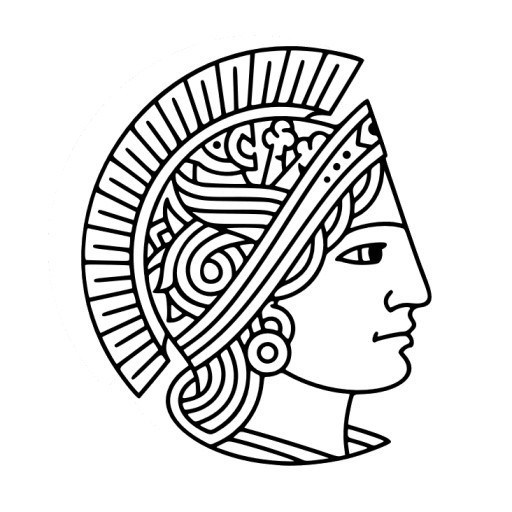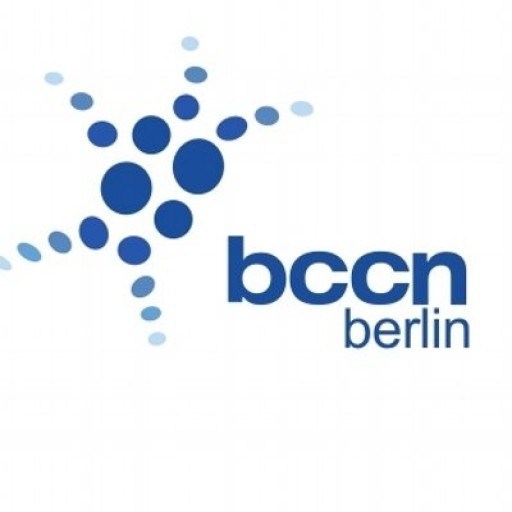Photos of university
The Master of Science in Mundus Urbano – International Cooperation and Urban Development offered by the Technical University of Darmstadt is a comprehensive, interdisciplinary program designed to prepare students for leadership roles in urban development and international cooperation sectors worldwide. This program aims to equip participants with the theoretical knowledge, practical skills, and intercultural competencies necessary to address complex urban challenges such as sustainable development, urban planning, infrastructure management, social inclusion, and environmental resilience.
The curriculum integrates insights from urban planning, environmental sciences, social sciences, and international policy, fostering a holistic understanding of urban systems and their global interconnections. Students benefit from a diverse array of courses that cover urban theory, urban design, development cooperation, governance, and project management. Emphasizing practical experience, the program includes collaborative projects with international partners, case studies, and field trips that bring real-world urban issues into the classroom.
The program encourages international mobility; students have the opportunity to study part of their degree at partner universities across Europe and beyond, promoting cross-cultural exchange and global networking. The program also emphasizes research competencies, enabling students to develop innovative solutions for urban problems through independent research projects. Graduates will be well-prepared for careers in international organizations, governmental agencies, non-governmental organizations, consulting firms, and urban development agencies. They will possess a deep understanding of the socio-economic and political factors influencing urban development and the skills to implement sustainable, inclusive, and resilient urban strategies.
Furthermore, the program fosters a proactive, solution-oriented mindset, enabling future urban planners and development experts to contribute effectively to the sustainable evolution of cities around the world. Graduates will be capable of working in diverse, multicultural environments and tackling the multifaceted challenges posed by rapid urbanization and climate change. With a focus on both theory and practice, Mundus Urbano – International Cooperation and Urban Development prepares students to become leaders committed to shaping sustainable urban futures globally.
The Mundus Urbano — International Cooperation and Urban Development program at the Technical University of Darmstadt is a comprehensive master's degree designed to equip students with the knowledge and skills necessary to address the complex challenges of urban development and sustainability in an increasingly interconnected world. This program emphasizes interdisciplinary approaches, integrating aspects of urban planning, architecture, environmental management, and international cooperation to prepare graduates for careers in urban development agencies, international organizations, consultancy firms, and research institutions.
Throughout the program, students engage with core topics such as sustainable urban planning, adaptive infrastructure, social inclusion, climate change mitigation, and urban governance. The curriculum combines theoretical foundations with practical applications, offering a blend of lectures, workshops, case studies, and project work. Students have the opportunity to collaborate on real-world projects focusing on urban challenges in different cultural and geographical contexts, fostering a global perspective and cross-cultural competence.
A significant component of the program is international cooperation, where students learn about policies and best practices from various countries, emphasizing sustainable development goals (SDGs). The program also encourages mobility and network-building through exchange semesters and internships, often in collaboration with international partner institutions. Students benefit from expert faculty with extensive experience in urban development, policy advising, and international cooperation.
Graduate students are prepared to undertake leadership roles in international projects, urban planning initiatives, and policy development. They are equipped with analytical and technical skills to design, implement, and evaluate urban strategies that promote equitable and sustainable urban growth. The program aims to foster innovative thinking, problem-solving abilities, and a strong ethical understanding of urban development issues to contribute positively to global urban environments.
Program requirements for the Mundus Urbano — International Cooperation and Urban Development master's degree program typically include a completed undergraduate degree in a relevant field such as urban planning, architecture, civil engineering, geography, or related disciplines. Applicants are expected to demonstrate proficiency in English, usually through standardized tests like TOEFL or IELTS, unless they have completed previous education in English-language institutions. A competitive application may also require proof of relevant professional experience or internships in urban development or international cooperation sectors.
The selection process involves reviewing academic performance, motivation letters, letters of recommendation, and relevant work experience. Some programs may require applicants to submit a portfolio showcasing their previous projects or research relevant to urban development. Additionally, candidates should possess strong analytical and intercultural communication skills, as the program emphasizes international collaboration across diverse cultural contexts.
Applicants with a background in social sciences or policy can also be considered if they demonstrate a strong interest and experience in urban issues. The program encourages multidisciplinary applicants to foster innovative solutions for urban challenges. It is also recommended that applicants have a clear motivation to work in international contexts that involve urban development cooperation.
In terms of paperwork, applicants must provide academic transcripts, CV, motivation letter explaining their interest in the program and career goals, and copies of diplomas or degree certificates. Some programs may also require a research proposal or a short statement outlining their interest in international urban development cooperation.
Overall, the program prefers candidates who exhibit a combination of academic excellence, relevant professional experience, and a profound commitment to advancing sustainable urban development worldwide. They must also meet the university’s general admission criteria and adhere to application deadlines.
The financing of the Mundus Urbano — International Cooperation and Urban Development master's program at the Technical University of Darmstadt involves multiple funding options designed to support international students and promote participation from students worldwide. Primarily, students can seek funding through the Erasmus+ program, which provides grants for students involved in joint master’s programs across European universities, including Darmstadt. These Erasmus+ grants typically cover a portion of the tuition fees and provide a monthly allowance to support living expenses during the period of study abroad.
In addition to Erasmus+ funding, students may consider scholarships offered directly by the Technical University of Darmstadt or through partner institutions involved in the MES (Master in European Studies) consortium. The university’s scholarship programs aim to promote diversity and enable students from various socioeconomic backgrounds to participate in the program. These scholarships often cover partial or full tuition fees and occasionally include stipends for living costs.
Furthermore, prospective students are encouraged to explore external funding options from their home countries, including government-sponsored scholarships, university-specific grants, and private foundations supporting international education. Some candidates might also seek financial aid through international organizations, development agencies, or non-governmental organizations aligned with urban development and cooperation themes.
For students from the European Union or other participating countries, financial support opportunities are often facilitated through bilateral agreements or national student aid programs. The program’s integrated international component often makes students eligible for additional funding opportunities targeting mobility and international cooperation.
Regarding tuition fees, the Technical University of Darmstadt generally charges a semester fee that covers administrative costs, student services, and public transportation, with specific fees varying from year to year. For non-EU students, tuition fees may be applicable depending on the program regulations, but detailed information should be obtained directly from the university’s admissions office or official website.
Overall, funding for the Mundus Urbano program is designed to be accessible to a diverse international student body through a combination of European grants, institutional scholarships, external funding sources, and individual financial planning. Students are advised to carefully review the official university resources and specific program pages for the most current and detailed information on available financial support options, application procedures, deadlines, and eligibility criteria.
The Master of Science in Mundus Urbano — International Cooperation and Urban Development at the Technical University of Darmstadt is a cutting-edge postgraduate program designed to prepare students for a career in urban development and international cooperation. The program emphasizes sustainable urban planning, international project management, and innovative solutions to complex urban challenges faced by cities around the world. It is targeted at graduates from architecture, civil engineering, urban planning, or related fields who wish to deepen their understanding of urban development in an international context. Throughout the course, students are exposed to a multidisciplinary curriculum that combines theoretical knowledge with practical application, including case studies from different countries, project work, and field trips. The program also encourages intercultural exchange and collaboration among students from diverse backgrounds, fostering a global perspective essential for modern urban development efforts.
Students in the program are expected to develop competencies in project planning and management, policy analysis, environmental sustainability, and socioeconomic aspects of urban growth. The curriculum integrates modules on governance, urban resilience, smart city concepts, and participatory planning. Additionally, the program offers opportunities for international internships and cooperation projects that enable students to gain firsthand experience working in different cultural and institutional settings. Graduates of the program are well-equipped to work with international organizations, governmental agencies, NGOs, and private sector entities involved in urban development projects worldwide. The degree is awarded jointly by the Technical University of Darmstadt and its international partner institutions, emphasizing a global and collaborative approach to urban challenges.
The program duration is typically four semesters, and instruction is primarily in English. The university provides excellent facilities, including dedicated urban planning labs, research centers, and access to extensive digital resources. Admission requirements include a relevant undergraduate degree, language proficiency, and motivation for working in an international context. Upon completion, graduates receive a Master of Science diploma, positioning them competitively in the global labor market. The university also supports students through career services, workshops, and alumni networks, facilitating their integration into international urban development projects and organizations. This program is particularly suitable for individuals passionate about creating sustainable, resilient, and inclusive cities worldwide.









